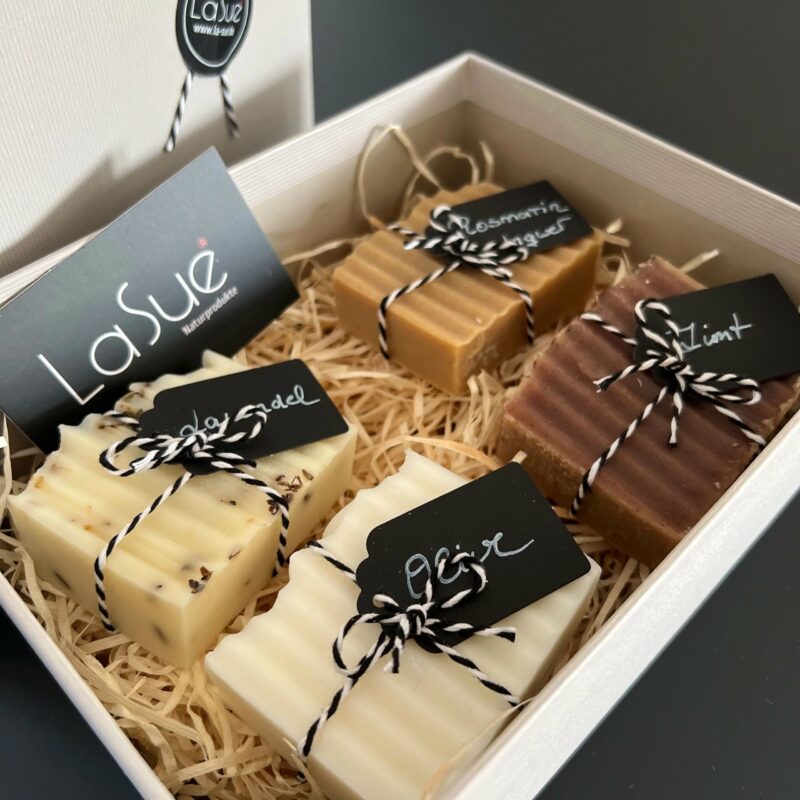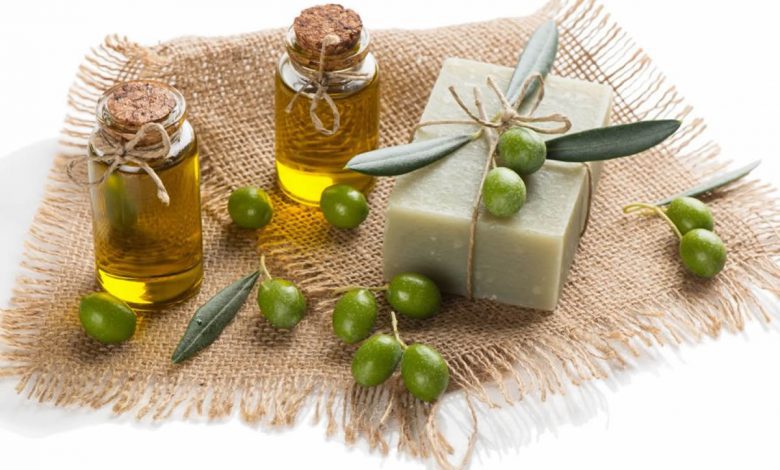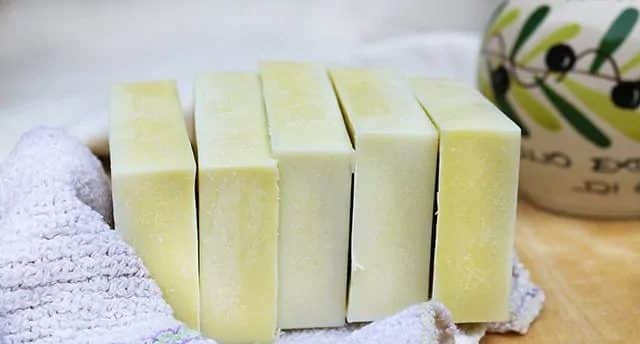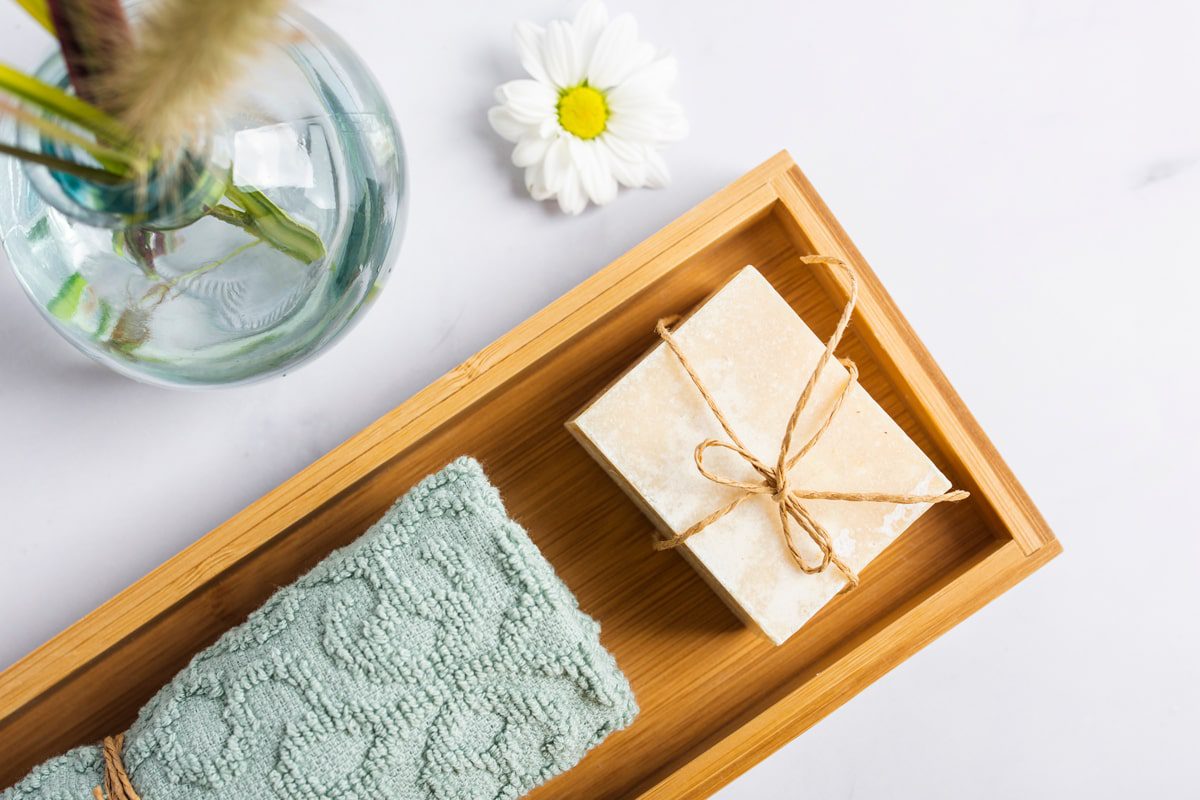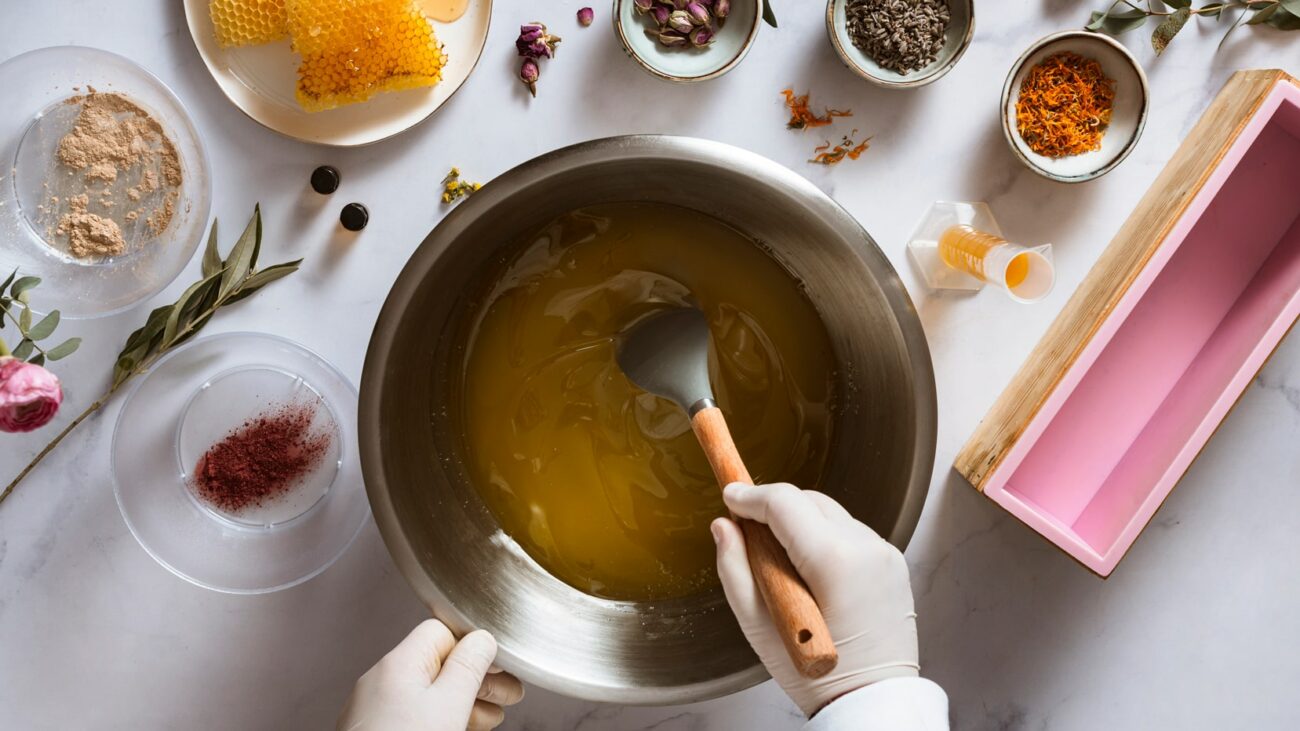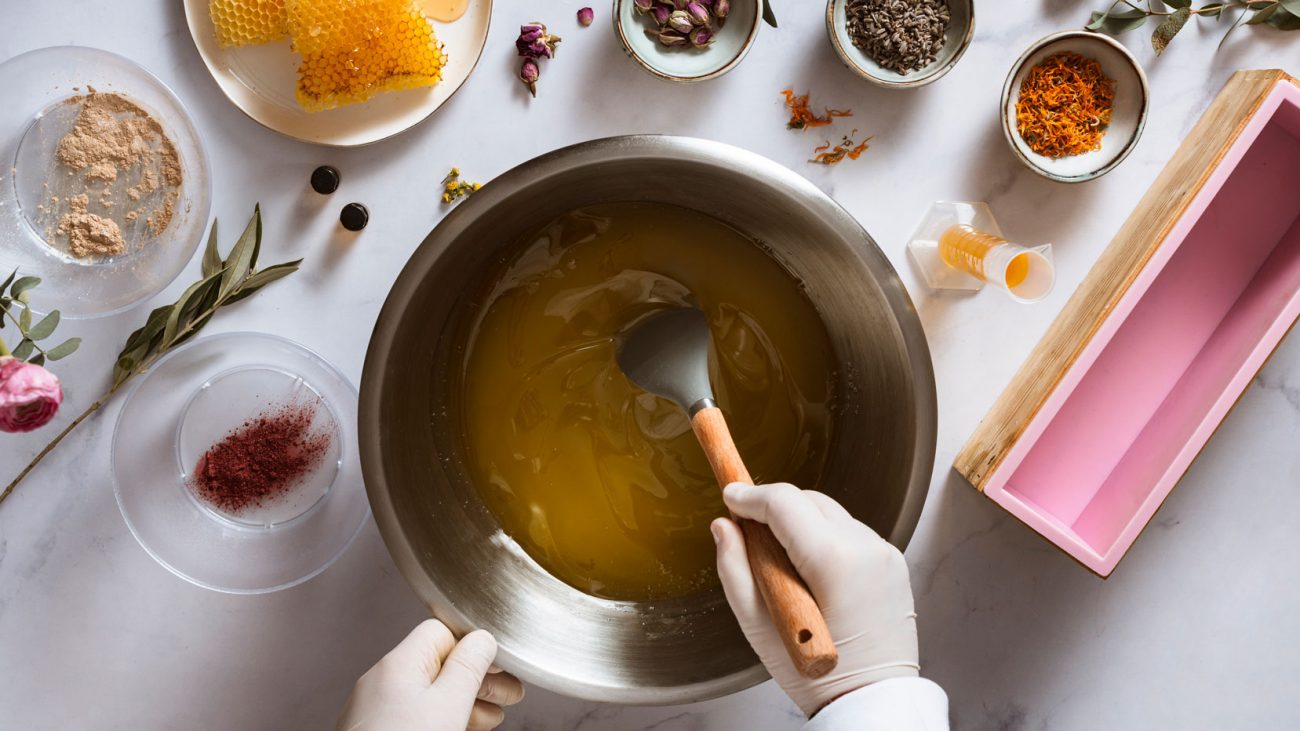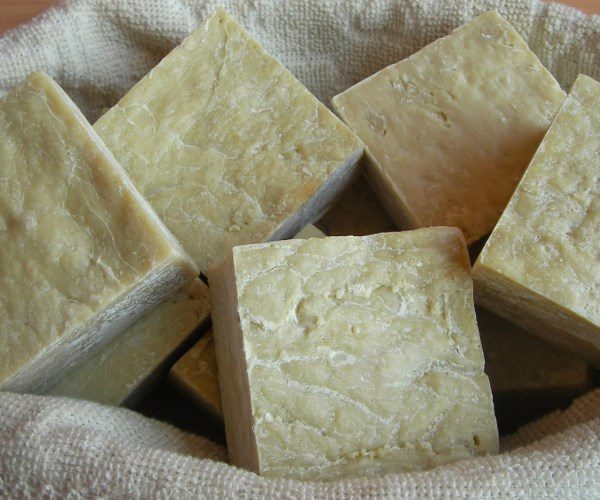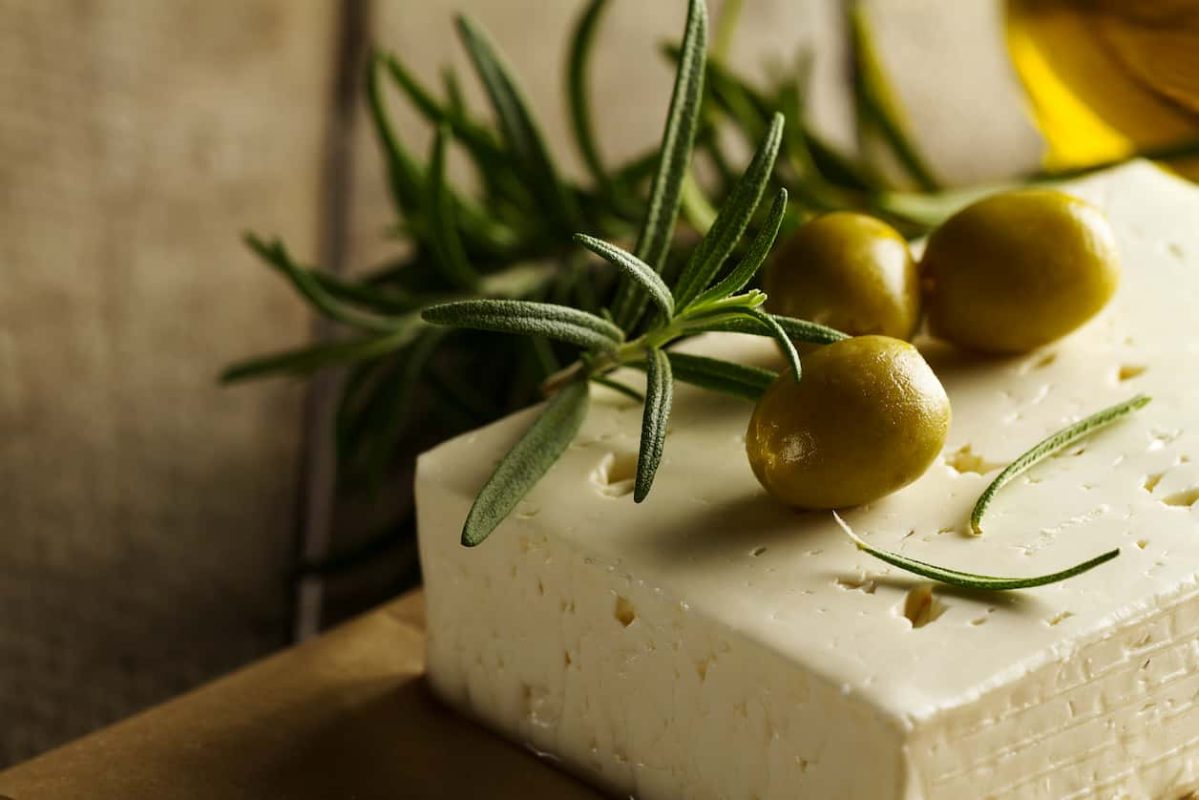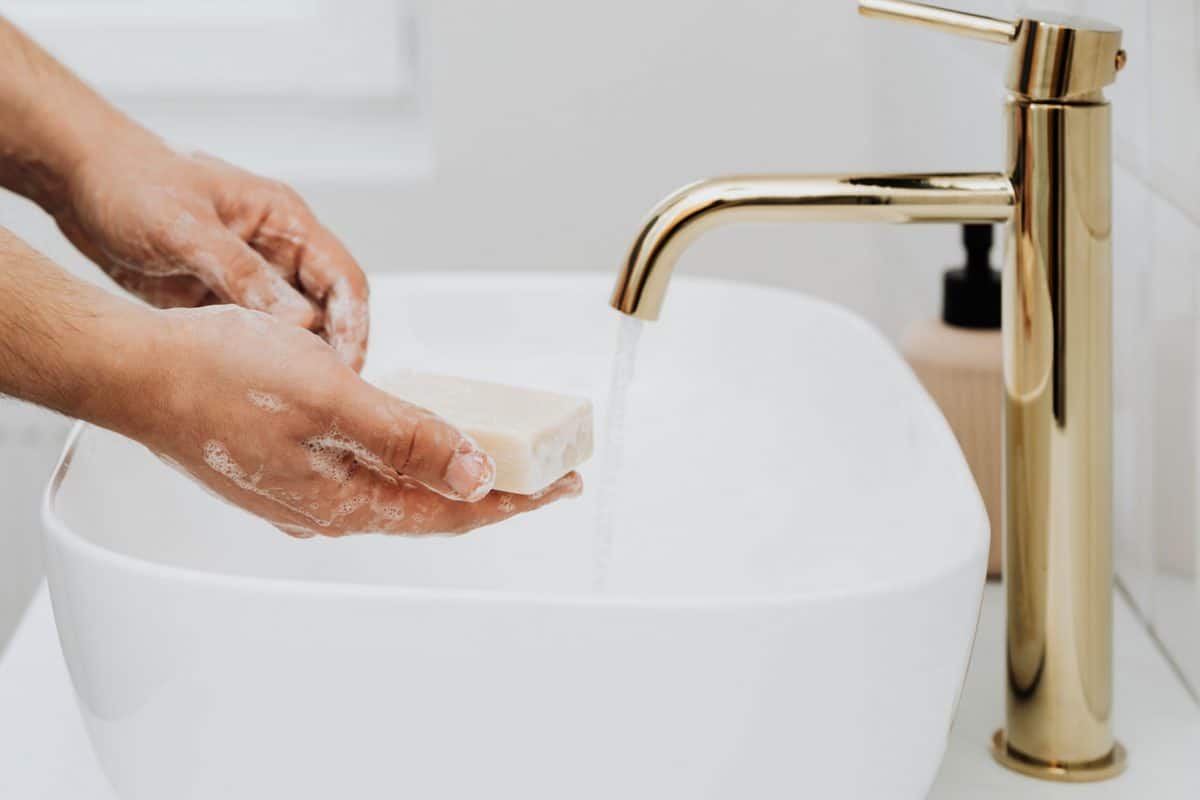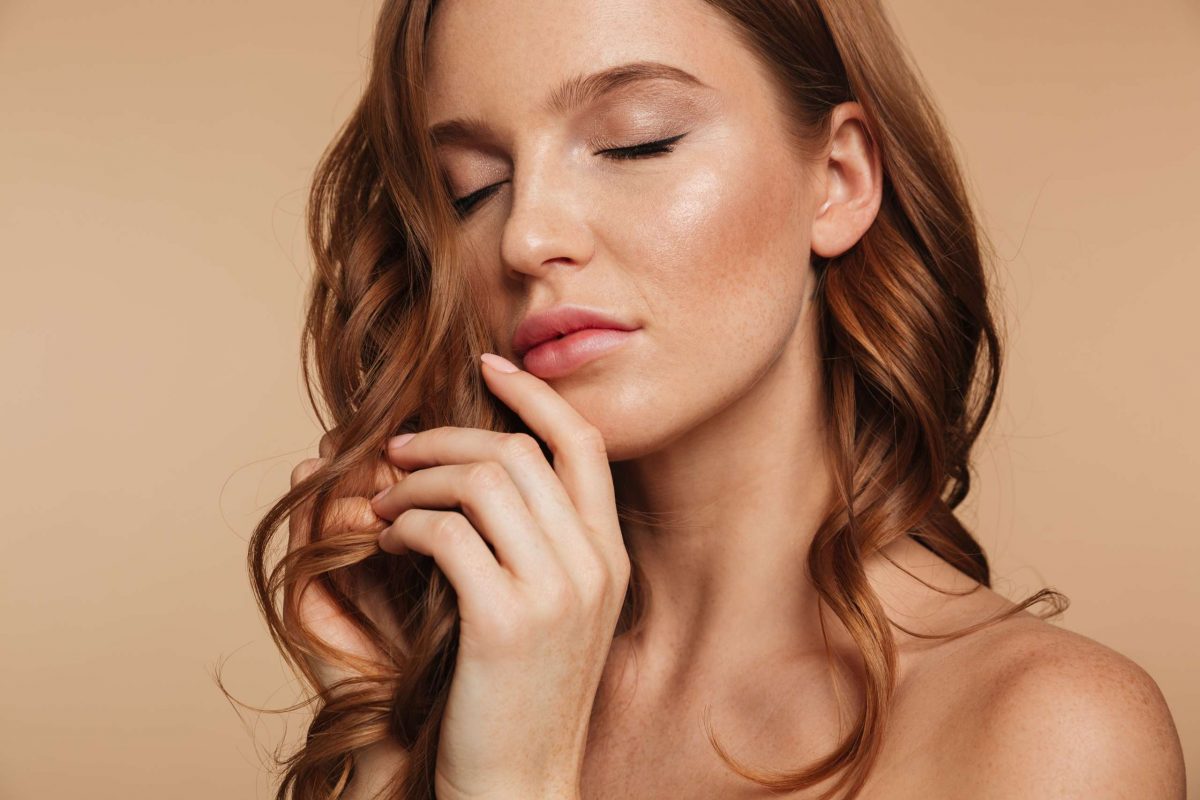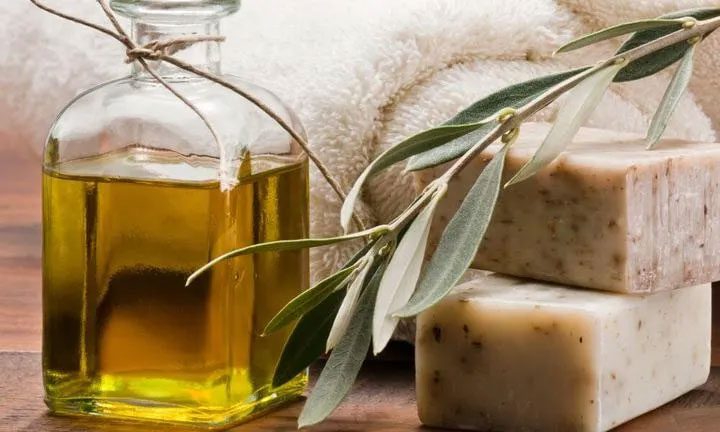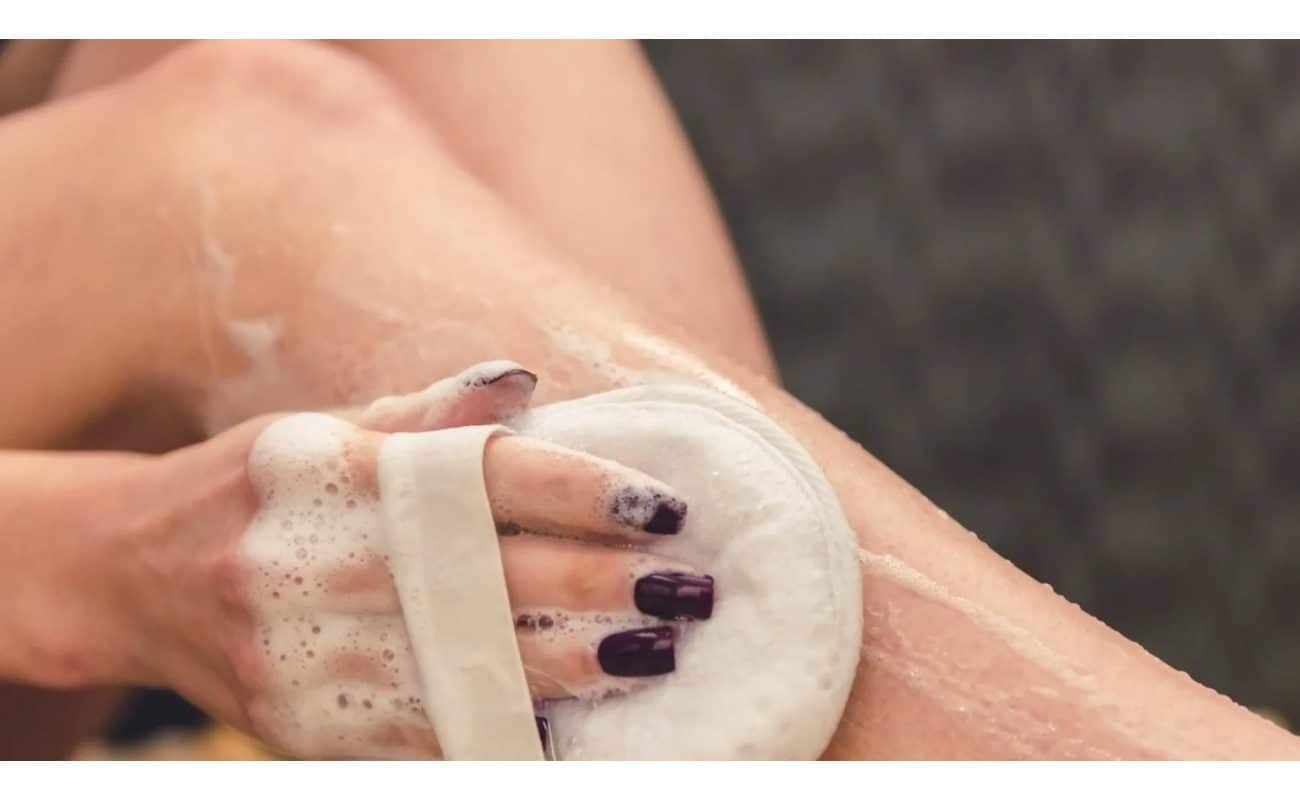How do you make olive oil soap?
Olive oil soap is a true beauty wonder and has been around since soap was invented! The benefits of olive oil are not only in the diet. This heart-healthy natural ingredient can do wonders for your complexion. Olive oil soap is one of the best ways to maintain healthy and smooth skin and prevent common problems like acne and dry skin on the body!
What will you read? →
History of Olive Oil Soap
The history of this natural soap is perhaps as old as the soap itself. The Greeks loved using natural beauty products! They rubbed their entire body with olive oil and then exfoliated it with fine sand. This helped remove dirt and dead skin cells. They then scraped the mixture off with a scraper.
From Greece and the Middle East, this natural soap spread to Italy. In the Roman era, personal hygiene was put on a pedestal. The Romans were unable to cure disease, so they preferred prevention to cure. The Roman Baths were the heart of city life, a place where important issues were discussed. According to legend, it was the Romans who first discovered soap.
The word soap comes from Mount Sapo near the River Tíber in Rome. On the side of the mountain they saw that rainwater brought together ash and animal fat. Ash naturally contains lye, so the saponification reaction takes place.
Of course we now know that the Egyptians also used soap. There are even frescoes from the pyramids showing women using soap. What is not yet certain is the oil they used to make the soap. Olive oil is arguably the most beneficial natural substance. It might even have been one of Cleopatra's beauty secrets!
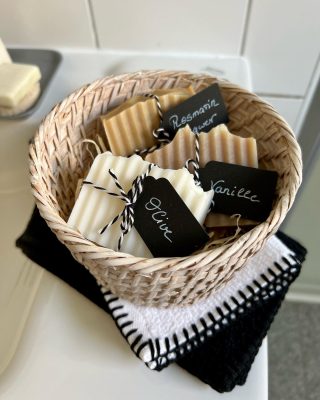
Benefits of Olive Oil Soap
Olive oil is famous for its health benefits. Therefore, it is not surprising that olive oil has been used to make soap since ancient times. Here are the top seven benefits of using castile soap.
An excellent moisturizer for the skin
The olive oil soap leaves a very clean feeling and moisturizes the skin despite the low lather. It has a very moisturizing effect that lasts longer, making it ideal for people with very dry and sensitive skin.
gentle make-up remover
The olive oil soap gently and effectively removes make-up without irritating the skin, especially around the eyes. However, as with any soap that does not contain pH-neutralizing chemicals, you should avoid getting the soap in your eyes as it can sting a bit.
has antioxidant properties
This natural soap contains very powerful antioxidant properties. It can repair the damage in the skin caused by free radicals. It stimulates new cell formation, slows down the formation of wrinkles and gives the skin a youthful appearance.
has anti-inflammatory properties
This natural soap is anti-inflammatory and helps heal abrasions, rashes and even sunburns.
for the treatment of eczema and psoriasis
Castile is known to soothe skin conditions like eczema and psoriasis.
it makes the skin particularly soft and is a mild soap
The 2008 publication “Paediatric Dermatology” found that olive oil is an appropriate ingredient in creams for young children. If it's safe for newborn skin, it's probably safe for sensitive skin too.
helps treat acne
This natural soap is non-greasy and therefore does not clog pores, which is very helpful for acne-prone skin. So why not buy a bar of castile soap and give it a try today?
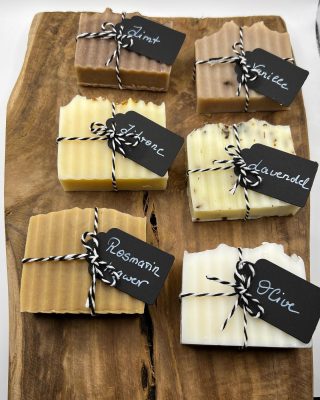
Benefits of Olive Oil Soap for Hair
You can use it in many ways. You should try this natural soap as a hair treatment. You can also add olive oil to a hair conditioner to really soften the hair.
You can also apply a small amount of the soap to the hair and scalp to moisturize and add shine and shine to the hair on a daily basis. In combination with healthy hair care, this natural hair soap reduces hair weight.
In certain parts of the world, olive oil has been used to make soap and applied directly to the skin and hair for thousands of years. The purported cosmetic benefits of olive oil for hair care range from preventing dandruff to moisturizing and conditioning the hair.
This natural soap prevents breakage and repairs the hair fiber. The molecules are too large to penetrate the important cuticle layer of the hair shaft and have a conditioning or nourishing effect. The molecules collect dust while sitting on the hair.
Castile soap benefits for the skin
This natural soap is very mild, so many women ask: Answer: Yes! You must be aware that the skin of the face is at the same time the most sensitive (because it is the thinnest) and the most exposed to the harmful factors. Our face is exposed to dirt, dust and external influences 365 days a year. If you live in an urban area, you are exposed to pollution from UV rays.
Thoroughly cleanses your skin
If you want to prevent acne, you need a powerful cleanser that is both mild and effective. This is where this natural soap comes in particularly handy. If you have normal, non-irritated skin, you can use castile soap on your face without any problems. Plus, opting for a fragrance-free formula protects you from irritants that castile soap can contain.
Remember, if your skin is dry, rough or prone to flaking, this is not a good choice for you. In these cases, another way to use this natural beauty soap is through the massage method. Basically, you gently massage this natural soap into your skin, then wipe away the excess with a warm, clean towel.
While it may seem counterintuitive to cleanse the face this way, it works amazingly well on sensitive skin. If, like me, you have very sensitive skin and are prone to acne, you will benefit greatly from this method. When you apply this natural soap to your face, it will help dissolve sebum and accumulated dirt. This natural soap penetrates the skin much better and provides a thorough cleansing without irritation that is difficult to achieve otherwise.
Saturates the skin with moisture
When winter comes, it's time for dry skin again. In cold weather, skin is naturally more prone to flaking, which is neither pleasant nor comfortable. Castile soap is a cleanser that's gentle enough not to strip your natural oils. This allows sebum, sweat and skin shedding to continue as usual. This is perfect for the colder months when skin can literally dry out in all layers.
Olive oil based soaps do not clog pores or interfere with normal skin functions. Buy a natural olive oil soap as these soaps are high in glycerin. A byproduct of the saponification reaction, glycerin is one of the most moisturizing agents you can put on your skin. Most cosmetic brands add it to their face creams and body lotions. Natural olive oil soap preserves the glycerin, making the soap even more moisturizing!
Keeps skin young
Free radicals are everywhere. These highly reactive chemicals actively damage cells down to the molecular level. They are potentially carcinogenic and certainly accelerate aging. Antioxidants can scavenge these harmful radicals and neutralize their negative effects.
Olive oil is so rich in antioxidants that it's one of the best plant-based sources of these wondrous little compounds! Vitamins E and A as well as monounsaturated and polyunsaturated fats act as antioxidants. Applying olive oil to your face in the form of a clean face cream or soap protects your skin from oxidative damage. In short, this soap stops aging down to the DNA level!
Castile soap does not cause allergies
Olive oil is an excellent base for a hypoallergenic soap. Pediatricians even recommend olive oil for infants. Because olive oil soaps are based on a gentle and sensitive skin-friendly ingredient, they are ideal for children and allergy sufferers. Look out for brands that are low in sodium laurel sulfate. If it's one of the first ingredients on the package, choose a different brand. Little or no sodium laurel sulfate and the beneficial properties of olive oil make for the perfect hypoallergenic product!
Switching to natural castile soap has many benefits. But the conclusion is clear. If you include it in your beauty routine, you can get many benefits from it. Choose a natural brand and watch your skin begin to glow!
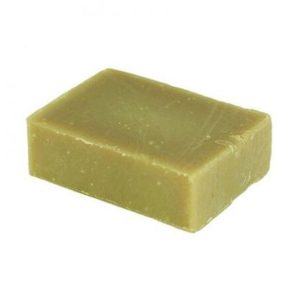
Production of olive oil soap
Soap is one of those things in life we cannot live without. From washing our busy hands to enjoying some of life's happiest moments, soap has many benefits. What most people don't know is that soap is actually a miracle of chemistry. Soap making is a calculated and detailed process that, when done correctly, yields hundreds of products. Soap is made as two products by the chemical reaction of oils and fats.
The first written records of soap recipes date back to 2800 BC. back. It was created by the Babylonians and the ancient Egyptians. The recipes developed for the purpose of dishwashing were amplified and perfected and went down in history as the first known mass-produced chemical reactions. These early soaps were used, among other things, to treat skin diseases.
Originally made from animal fats, soaps are now made from a variety of oils including olive oil, coconut oil, and others. In short, when making soap, these oils are reacted with a strong base such as sodium hydroxide.
Below is a step-by-step guide on how to make soap from olive oil and the chemistry behind it.
Olive Oil Soap Making
If you're new to soap making, the term "low lather" can be confusing. This means that it removes dirt but does not foam. Foam is often equated with cleaning power, but that's not true. Foam can be a disadvantage. Think of commercials and movie scenes in which the washing machine shoots and spreads soapy water everywhere, or dishwashers that fill the kitchen with foam. These devices require “low foam” soaps. This olive oil soap recipe is a type of “low lather” product.
Olive Oil Soap Recipe
Follow safe soap making procedures. Always wear gloves and safety goggles. You can add essential oil to this castile soap recipe. Pour 850 g of cold water into a stainless steel saucepan. Carefully pour 341g of lye on top and mix well. Let this solution sit in a corner until it reaches room temperature. Put 2800 grams of olive oil in another stainless steel pot. Slowly pour the lye over the olive oil.
Beat with a hand blender for 15 seconds. Then stir with a plastic spatula. Then blend again with the hand blender for 15 seconds and stir with a plastic spatula. Repeat this process for at least five minutes. Pour the soap mixture into the silicone molds. Set aside for about 24 to 36 hours. Then take the soap out of the moulds. That's all!
Source: sosyola.com

